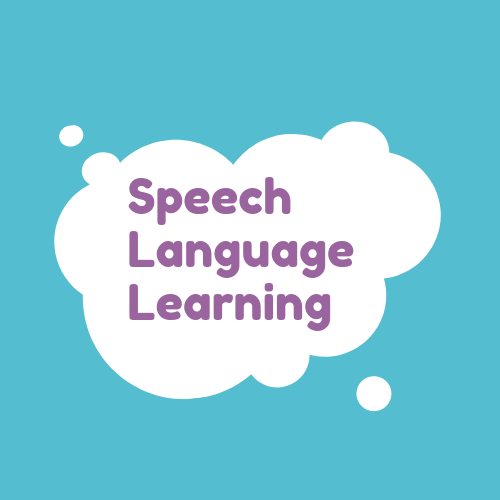The Link Between Speech and Reading: Strategies for Improving Literacy Skills
Speech-Language Assessment is crucial in understanding the connection between speech and reading. Language development plays a significant role in a child’s ability to acquire reading skills. By identifying and addressing speech and language difficulties at an early stage, educators, parents, and speech-language pathologists can implement effective strategies to improve literacy skills and enhance overall academic success.
Speech and reading are interconnected skills that rely on similar neurological pathways. A strong foundation in oral language skills, including speech sounds, vocabulary, and grammar, is essential for developing reading fluency and comprehension. Children with speech and language difficulties often struggle with reading due to the phonological processing component of literacy. Therefore, a thorough Speech-Language Assessment is critical to gain insights into any underlying language deficits that may hinder reading development.
One effective strategy for improving literacy skills is phonological awareness training. Phonological awareness refers to the ability to identify and manipulate individual sounds in spoken words. By teaching children to break words into individual sounds, blend sounds together, or segment sounds, they develop the necessary phonological processing skills required for reading and spelling. For example, a speech-language pathologist could engage a child in activities like rhyming, syllable clapping, or sound blending to strengthen their phonological awareness.
Another essential strategy is to focus on vocabulary development. Children with limited vocabulary often struggle to comprehend written text. Speech-language pathologists can provide intervention techniques to enhance word knowledge by teaching new words, encouraging word usage, and exploring word relationships. A more extensive vocabulary allows children to comprehend complex texts, improving reading comprehension levels.
Furthermore, explicit instruction in grammar and syntax can significantly impact reading skills. A strong understanding of sentence structure and grammar rules aids in comprehension by allowing children to decipher the meaning of written texts accurately. Activities such as sentence combining or identifying grammatical errors can be incorporated into speech and language therapy sessions to enhance reading abilities.
Finally, providing children with ample opportunities for oral language practice is vital for developing reading skills. Engaging in conversations, storytelling, and discussions not only improves speech and language abilities but also fosters critical thinking and comprehension skills. A rich oral language environment at home and in educational settings can positively impact a child’s reading proficiency.
In conclusion, Speech-Language Assessment plays a crucial role in understanding the link between speech and reading and identifying any language deficits that may hinder literacy development. By implementing effective strategies such as phonological awareness training, vocabulary development, grammar instruction, and fostering oral language practice, educators and speech-language pathologists can help children improve their literacy skills. By addressing speech and language difficulties early on, we can empower children to become proficient readers, setting them on a path to academic success.
************
Want to get more details?
Speech Language Learning, PLLC
https://www.speechlanguagelearning.net/
(802) 551-1230
1103 Cortelyou Road, Brooklyn, NY 11218












